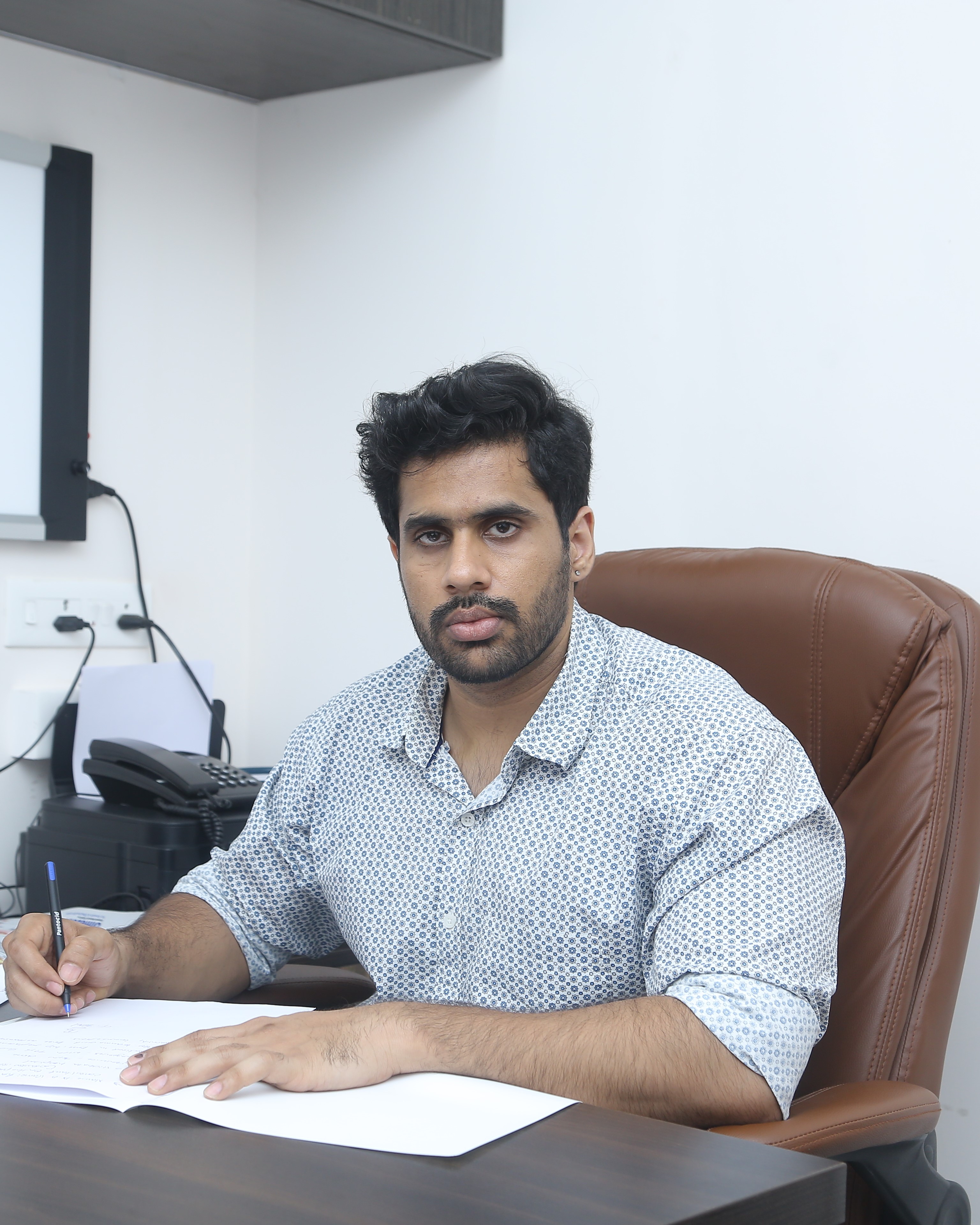About Orthopaedics
Orthopaedics is a branch of medicine focused on diagnosing, correcting, preventing, and treating patients with skeletal deformities - disorders of the bones, joints, muscles, ligaments, tendons, nerves, and skin. These parts of the body make up the musculoskeletal system.
Common Orthopaedic Conditions
- Osteoarthritis: A degenerative joint disease that results in the breakdown of joint cartilage and underlying bone.
- Rheumatoid Arthritis: An autoimmune disorder that primarily affects joints, leading to inflammation and deformity.
- Fractures: Breaks in bones usually caused by trauma, overuse, or osteoporosis.
- Sports Injuries: Injuries resulting from sports activities, such as ligament tears, sprains, and dislocations.
- Bone Deformities: These can be caused by a variety of factors, including post-traumatic injuries, congenital conditions, nutritional deficiencies, and osteoarthritis. Many of these deformities can be effectively managed and corrected through surgical interventions, which aim to restore the normal shape and function of the affected bones.
Diagnostic and Treatment Procedures
- Orthopaedic Surgery: Surgical interventions to correct musculoskeletal issues.
- Crush injuries: These are high energy accidents leading to damage of skin, bone, muscle and neurovascular structures generally identified as exposed bone.
These are medical emergencies which are life threatening and should be addressed by a multidisciplinary approach with primary goal to save/revive the patient and proceed to limb saving procedures.
- Infected Bones and Joints: Infection in bones and septic arthritis (osteoarthritis) these are medical emergencies when treated promptly can lead to saving the bone/joint.
- Fractures: Breaks or cracks in the bones, often resulting from high-impact forces. Common types include - thigh bone fracture (femur), leg fracture (tibia), forearm fracture (radius and ulna), shoulder and arm fracture (humerus), collar bone fracture (clavicle), pelvis fracture.
- Arthroscopy (KeyHole Surgery): A minimally invasive surgical procedure to diagnose and treat joint problems.
- Joint Replacement Surgery: Surgical procedure to replace a damaged joint with a prosthesis, commonly performed for hips and knees.
- X-rays: Imaging technique to view bones and diagnose fractures and deformities.
- MRI and CT Scans: Advanced imaging techniques to view soft tissues, joints, and bones in detail.
- Physiotherapy: Rehabilitation to improve movement, strength, and function.

Meet Our Orthopaedic Surgeon
Dr. A. Vamsi Krishna, MBBS, MS Orthopaedics
Dr. A. Vamsi Krishna is a highly skilled Orthopaedic surgeon with over 6 years of experience in diagnosing and treating a wide range of musculoskeletal conditions. Dr. A. Vamsi Krishna is known for his expertise in both surgical and non-surgical treatments, and his commitment to patient-centered care.
- Education: MBBS, MS Orthopaedics at Government Siddhartha Medical College
- Experience: 6+ years in Orthopaedics and treated over 1500+ patients
- Specialization: Complex trauma, Polytrauma, revision Arthroplasty, post operative chronic osteommyelitis, Arthroscopy (knee)
- Professional Memberships: Indian Orthopaedic Association (IOA),
Dr. A. Vamsi Krishna takes pride in treating complicated trauma, infected joint replacements, and infected post-traumatic conditions. Dr. A. Vamsi Krishna maintains a focus on making patients pain-free and bringing them to a pre-event activity status.
An active lifestyle is the key to a happy life.
